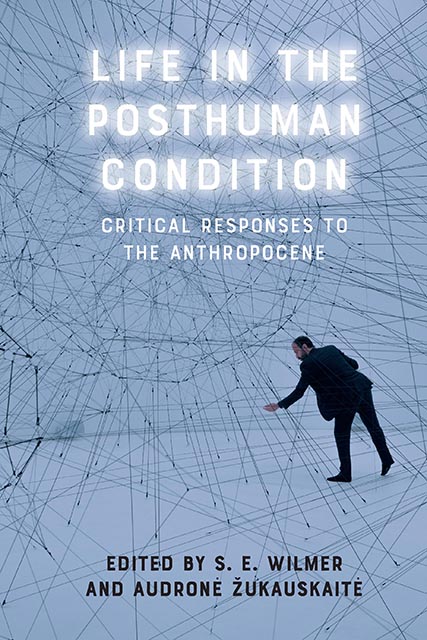12 - What’s the Matter with Life?
Published online by Cambridge University Press: 20 October 2023
Summary
Most people are accustomed to treating the earth as a relatively stable place that they live on and move on. As a result, many dominant human groups have thought of themselves as actors on the stage of the Earth. Today, however, this stable ground is becoming increasingly unstable – for some of us more than others.
Due to the widespread use of global transportation technologies, for example, more people and things are on the move than ever before. Vast amounts of materials are now in constant circulation, as billions of humans are shipping plants, animals and technologies worldwide. This mobility is not something happening only to humans. More than half the world's plant and animal species are also on the move (Welch 2017). The Earth is becoming so mobile that even its glaciers are speeding up.
Geological time refers to slow and gradual processes, but today we are watching the earth sink into the sea and forests transform into deserts in our lifetimes. We can even see the creation of entirely new geological strata made of plastic, chicken bones and other waste that could remain in the fossil record and affect geological formations for thousands or even millions of years.
Some human groups are now changing the entire Earth so dramatically and permanently that geologists have begun calling our age the Anthropocene (Crutzen and Stoermer 2000). It no longer makes sense to think of humans as transient occupants moving on a relatively stable Earth. Instead, humans are geological, atmospheric and hydrological agents entangled in the Earth's processes, which are now increasingly in flux.3 The arrival of the Anthropocene, more than any human historical event, is finally awakening us to the realisation that we have never lived on a stable Earth. We have never been the only significant agents.
Posthuman theorists, including myself, have responded to these events by offering new theoretical tools to help us think through the entangled continuity of human and non-human agencies that abound. If we want to survive, human groups cannot treat the earth as something only for themselves.
- Type
- Chapter
- Information
- Life in the Posthuman ConditionCritical Responses to the Anthropocene, pp. 241 - 260Publisher: Edinburgh University PressPrint publication year: 2023



